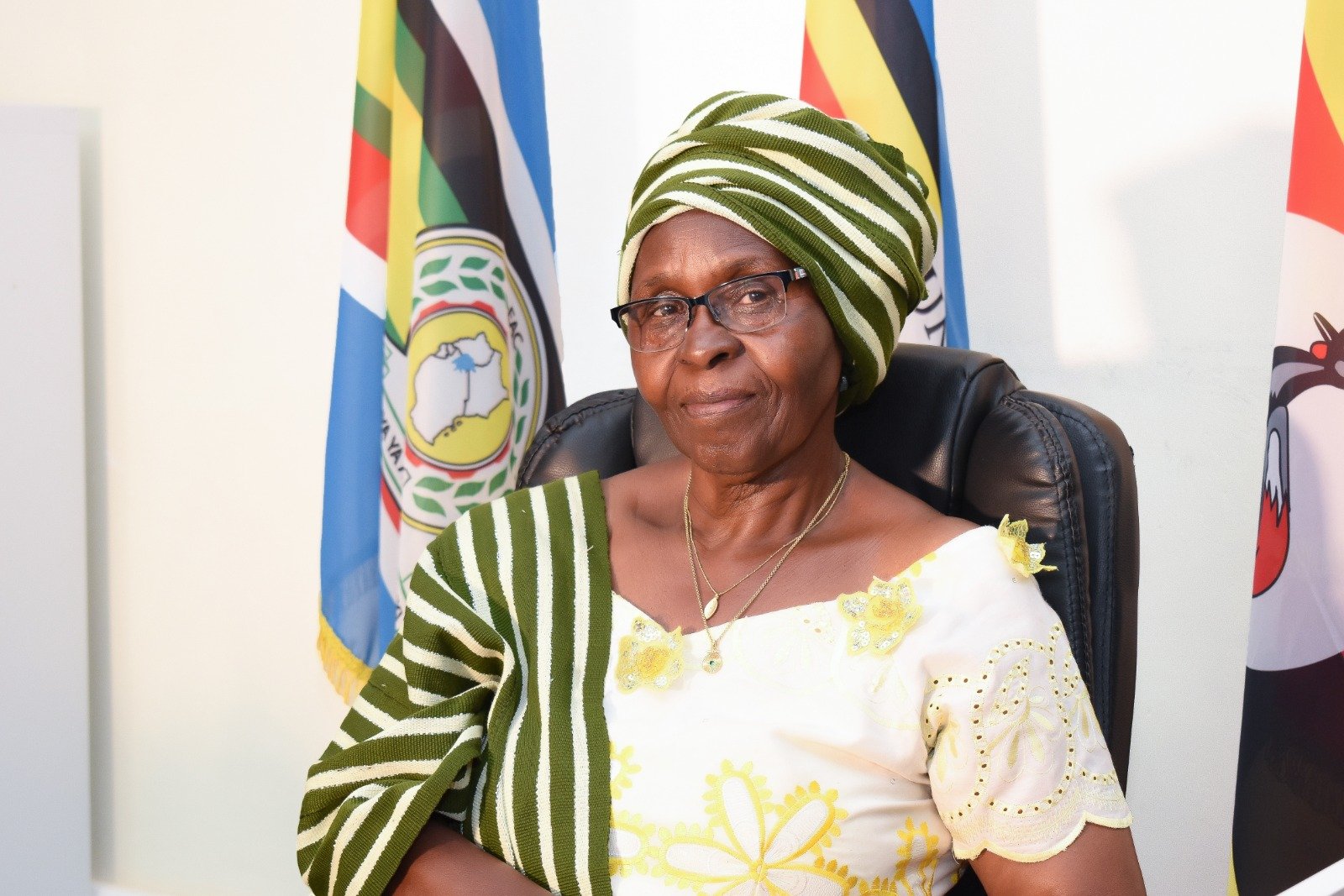KAMPALA, UGANDA — The National Council for Higher Education (NCHE) in Uganda has issued a public caution regarding the increasing misuse of honorary doctorate degrees.
The council has expressed concern that recipients are incorrectly leveraging these awards to assert academic or professional qualifications.
In a press statement, the NCHE highlighted the growing trend among individuals, particularly public figures and social media influencers, of obtaining honorary degrees from both domestic and international institutions and subsequently presenting themselves as academic doctors.
“It is against this background and based on the guidelines on honorary doctorates that NCHE wishes to guide as follows,” the statement read, clarifying that an honorary degree, often referred to as Honoris Causa, is not an academic qualification and should not be used for professional or employment-related purposes. Ugandan law stipulates that only chartered universities accredited by the NCHE are authorized to confer honorary doctorates.
The NCHE emphasized that recipients of honorary degrees should use them with appropriate attribution, such as “Daniel Musheekye, LLD (Hon. Causa),” and not as “Dr. Daniel Musheekye,” unless they have earned a substantive academic doctorate.
“This clarification is necessary, especially at a time when various entertainers, pastors, politicians, and social media personalities in Uganda have increasingly begun styling themselves as ‘Doctor’ following ceremonial recognitions from little-known or unaccredited institutions,” a source familiar with recent NCHE investigations noted.
Examples in Uganda include self-proclaimed politicians and business figures who have received honorary doctorates from international “universities” with questionable accreditation.
The NCHE further stressed that even legitimate honorary degrees must not carry the “PhD” designation and must clearly indicate their honorary status. The council also reiterated that all foreign-awarded degrees must undergo NCHE verification to confirm their authenticity.
“These honorary degrees are meant to recognize extraordinary contributions to society—not to be confused with academic qualifications,” cautioned NCHE Chairperson Prof. Joy C. Kwesiga in the statement.
The NCHE has urged the public, media outlets, and the academic community to refrain from referring to holders of honorary degrees as “Doctor” in both spoken and written communication. The council warned that such misrepresentation could lead to public embarrassment and damage the credibility of Uganda’s higher education system.
Background:
In July 2023, the NCHE initially raised concerns about the proliferation of unverified honorary awards through a joint public alert.
The resurgence of these concerns suggests that the issue has persisted and potentially worsened, particularly with the increasing influence of social media and affiliations with foreign entities.
NCHE’s guidance on acceptable honorary titles:
- Doctor of Laws (LLD) – for public service by eminent personalities.
- Doctor of Letters (DLitt) – for contributions to the arts, literature, or public communication.
- Doctor of Science (DSc) – for significant scientific achievement.
The Council has urged all institutions, media houses, and members of the public to consult its published guidance to avoid misrepresentation or embarrassment.

